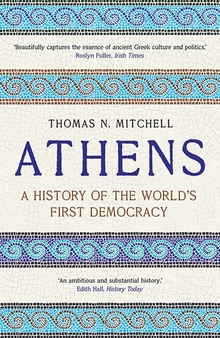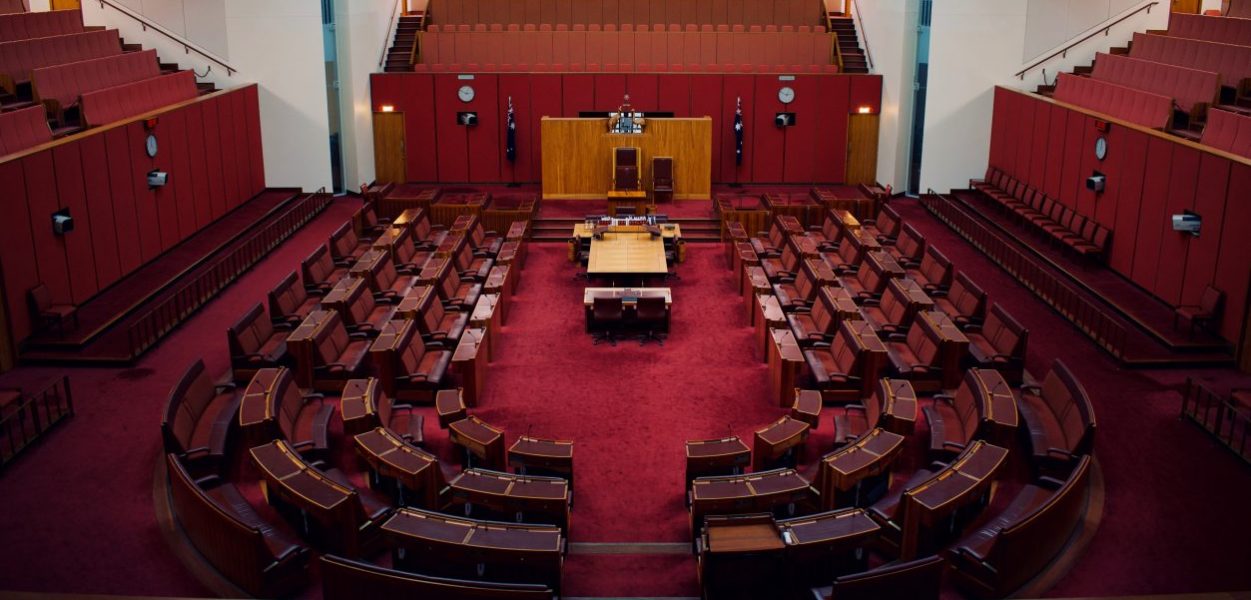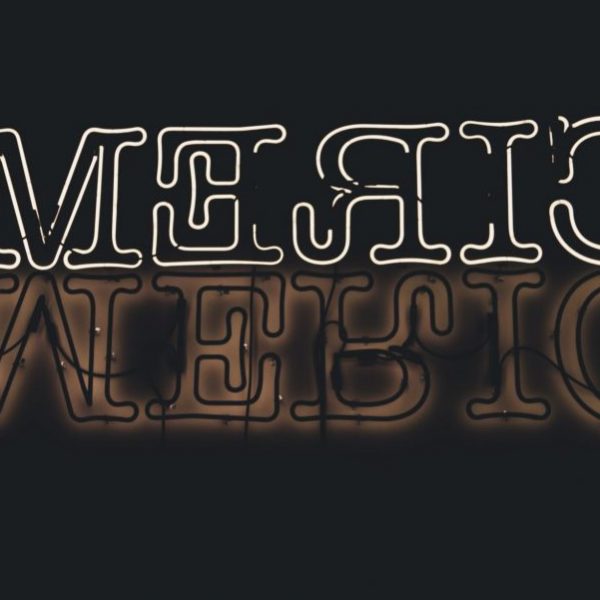The State of Democracy
Thomas N. Mitchell—
Democracy is at a particularly critical and fascinating point in its history. The collapse of communism in 1989 brought a wave of euphoria among proponents of democracy, and extravagant references to the end of history and of mankind’s journey towards a universally acceptable political order. To many, democracy had emerged as a clear victor over competing political and economic ideologies, the natural form of polity for civilised societies, the agent of progress, the means to prosperity, political stability and international peace, and to secure protection of human rights and human dignity.
The reality over the past twenty-five years has not quite matched the euphoria. There was certainly a significant and sustained increase in the number of democratic states after 1989. In the late 1980s about sixty states, or 36 percent of the total number, could be classified as free democracies. Ten years later, as a new millennium began, the number had grown to eighty-six, or 45 percent of the world’s countries, and the number of so-called electoral democracies, i.e. those conducting free and fair elections, stood at 120.
But over the last decade and a half the expansion of democracy and its values has virtually ceased. The 2013 Freedom House Survey of the world’s 195 states shows a steady decline in global freedom in recent years and an expansion and strengthening of authoritarianism. There has been virtually no increase in the number of states that can be ranked as free in more than a decade, and there has been a significant drop in the number of electoral democracies, which had reached 123 in 2005, and now stands at 117. Only 43 percent of the world’s population live in societies that can be classed as free. Democracy has had particular difficulties taking hold in North Africa, the Middle East and Central Asia, where authoritarian traditions and cultural and religious barriers to many basic democratic tenets remain strong.
The overall experience of the decade and a half, including the tragic situations in Iraq and Afghanistan, illustrates the difficulty of rooting democracy on a firm, stable basis. The entire history of democracy confirms that difficulty. Donald Kagan in his book on Pericles has aptly described democracy as ‘one of rarest, most delicate and fragile flowers in the jungle of human experience’. It has been a fleeting phenomenon in the history of government and has lain outside the experience of the vast majority of the peoples of the world down the ages. It originated and flourished in Athens for almost two centuries 2,500 years ago, about the same time that a closely related form, republicanism, began to evolve in Rome. But by the birth of Christ both democracy and republicanism had disappeared root and branch from human experience, and for the following 1,700 years or more survived only in the history books and in the reflections of the intelligentsia.
The rebirth of democratic ideals and systems, which began in the middle of the seventeenth century, was slow and halting, and fully developed liberal democracy, as we know it, has had a very short history indeed. The impediments are many. Even within the cultural tradition that created democracy, there have always been divisions about its character, purposes and merits. Many of the best minds in the history of western thought, beginning with Socrates, Plato and Aristotle, have rejected democracy’s basic tenets outright, especially its view of political equality. Many modern intellectuals, from Madison to more recent influential figures such as Michels, Weber and Schumpeter, have had reservations about the stability and effectiveness of a system that gives power to the people. The idea of giving control to the masses rather than the meritorious few can seem a perversion of justice and common sense, creating equality where none exists, and risking faction-ridden, elite-driven or rudderless government, or even a tyranny of an improvident majority.
A further difficulty is a lack of agreement about what constitutes a genuine democracy. This leaves scope for regimes with scant respect for the rule of law or the rights of citizens to lay claim to the title in an attempt to legitimise their rule, creating a danger that the term may become so elastic as to be meaningless. Even among political scientists there is limited agreement about the essence of democracy. Since the late 1950s there has been a general shift in political science towards a more empirical, scientific method that concentrates on description and explanation of things as they are, and that eschews so-called normative judgements and theorising about the right and the ideal. In line with that trend there has been a tendency to move the discussion of democracy away from the theoretical level and issues related to the idea of democracy and its ideals and principles to the empirical level and the way in which democracy functions in actual states. Joseph Schumpeter is generally considered to have originated this trend in his wide-ranging book Capitalism, Socialism and Democracy, first published in 1942. He dismissed traditional approaches, which he considered flawed by speculative theorising, and put forward what was regarded as a more true-to-life empirical view designed to explain how actual democracies worked. He saw democracy in narrow terms as an ‘institutional arrangement for arriving at political decisions in which individuals acquire power to decide by means of a competitive struggle for the people’s vote’. In other words, democracy was merely a method or process by which the governed could select and confer power on their rulers through a competitive electoral process. Elections had to be periodic to be meaningful and, to be truly competitive, had to be open, free and fair, which required the existence of certain rights such as freedom of expression, and freedom of assembly and organization.
From Athens by Thomas N. Mitchell. Published by Yale University Press in 2019. Reproduced with permission.
Thomas N. Mitchell is professor and former provost and president of Trinity College Dublin and chair of its School of Classics.
Further Reading:



























